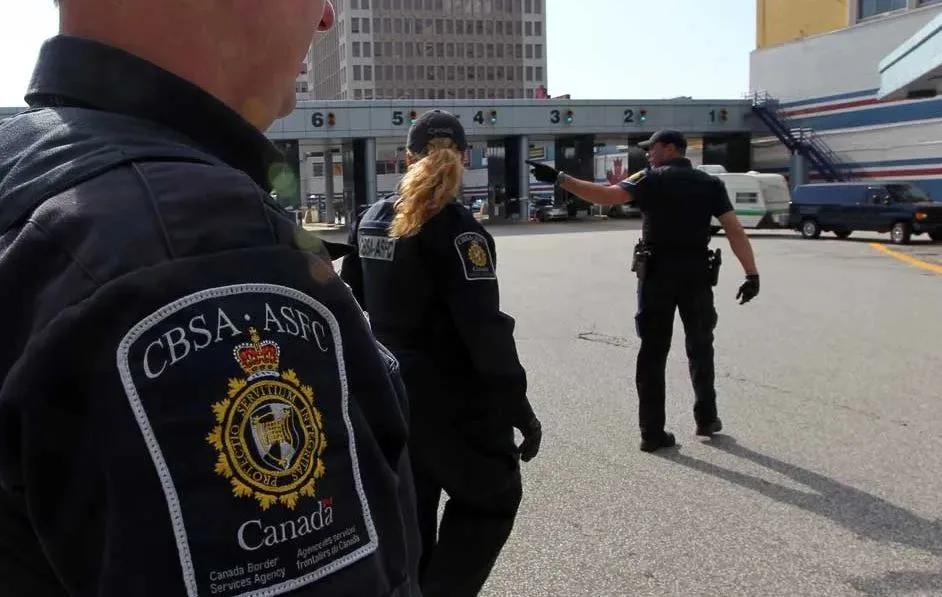Ottawa – As part of their commitment to public safety, the Canada Border Services Agency (CBSA) and Correctional Service Canada (CSC) are working together to develop an agreement for the temporary use of CSC space to house a small number of high-risk immigration detainees. This follows legislative changes enacted on June 20, 2024, which allows the temporary use (until June 2029) of federal correctional facilities for the purpose of high-risk immigration detention.
CSC’s Regional Reception Centre (RRC) located in Sainte-Anne-des-Plaines, Quebec, has been identified as a temporary location to house high-risk detainees. This location would only be used to detain adult males who present a significant risk to public safety.
High-risk detainees are individuals who have prior convictions and/or outstanding charges for violent crimes such as assault with a weapon, attempted murder, assaulting an officer with a weapon, and aggravated sexual assault, or have demonstrated violent, non-compliant, and unpredictable behaviour that places them, other detainees, the guards and medical personnel at risk.
This temporary immigration holding centre will be managed by the CBSA, independently of CSC. The space being explored is separate from any federal inmates and will have approximately 25 beds. Both organizations will work together, in consultation with employees and stakeholders, to develop a formal agreement before the site can be operational for the CBSA in 2025.
Canada’s immigration detention program is governed by the Immigration and Refugee Protection Act and its regulations. Immigration detention is based on the principle that detention shall be used only as a measure of last resort.
The CBSA has worked for many years with provincial partners to have individuals assessed as high-risk held in provincial correctional facilities. This allowed the CBSA to manage public safety risks in cases that could not be managed through other means, such as alternatives to detention or within CBSA immigration holding centres. However, provincial authorities have notified the CBSA of the termination of these agreements. There are currently less than 30 high-risk individuals still held in provincial correctional facilities.
The CBSA is taking action to make infrastructure upgrades in its immigration holding centres, as well as updating operations and implementing training programs for employees, as the longer-term approach to house high-risk detainees in its facilities. In the meantime, CSC is well positioned to provide support to the CBSA, given it has the appropriate infrastructure in place to safely accommodate high-risk individuals.








